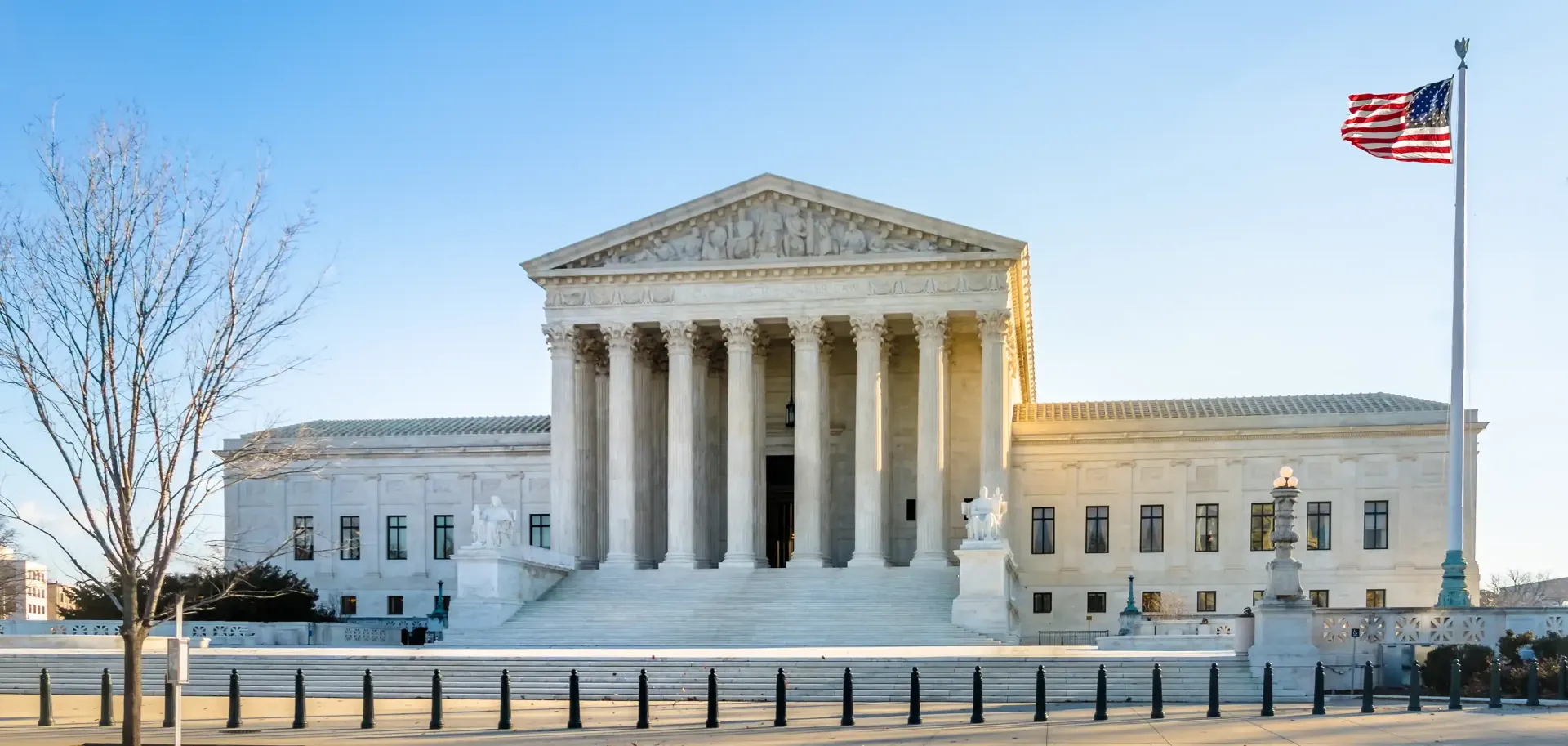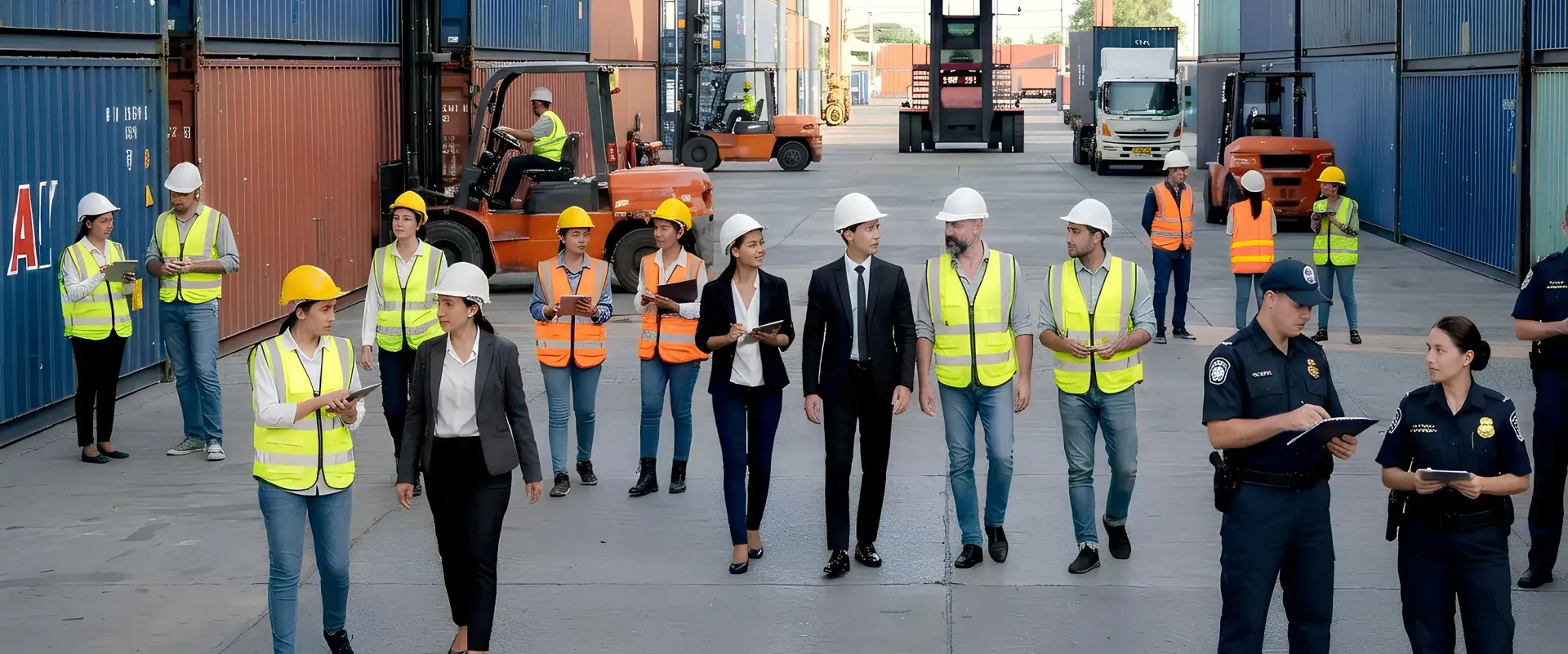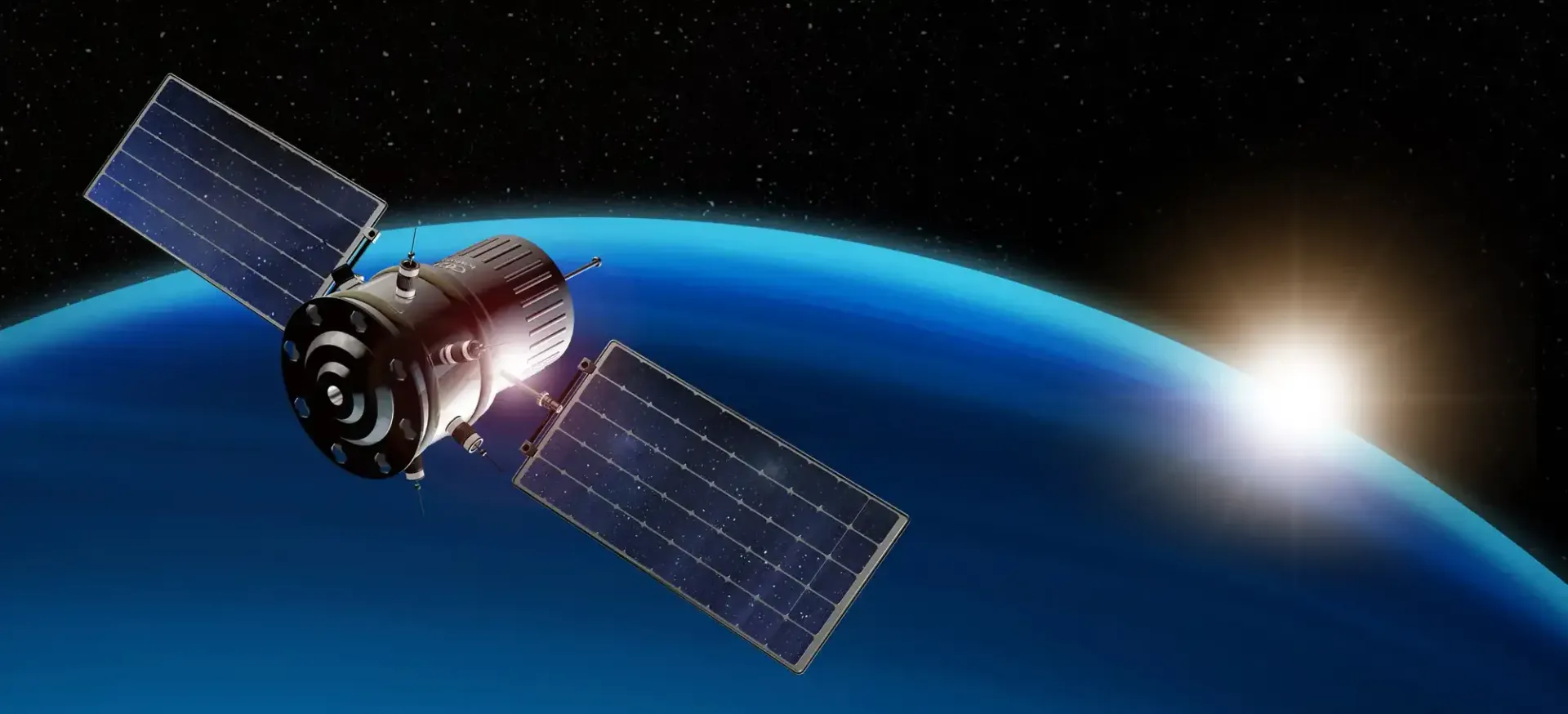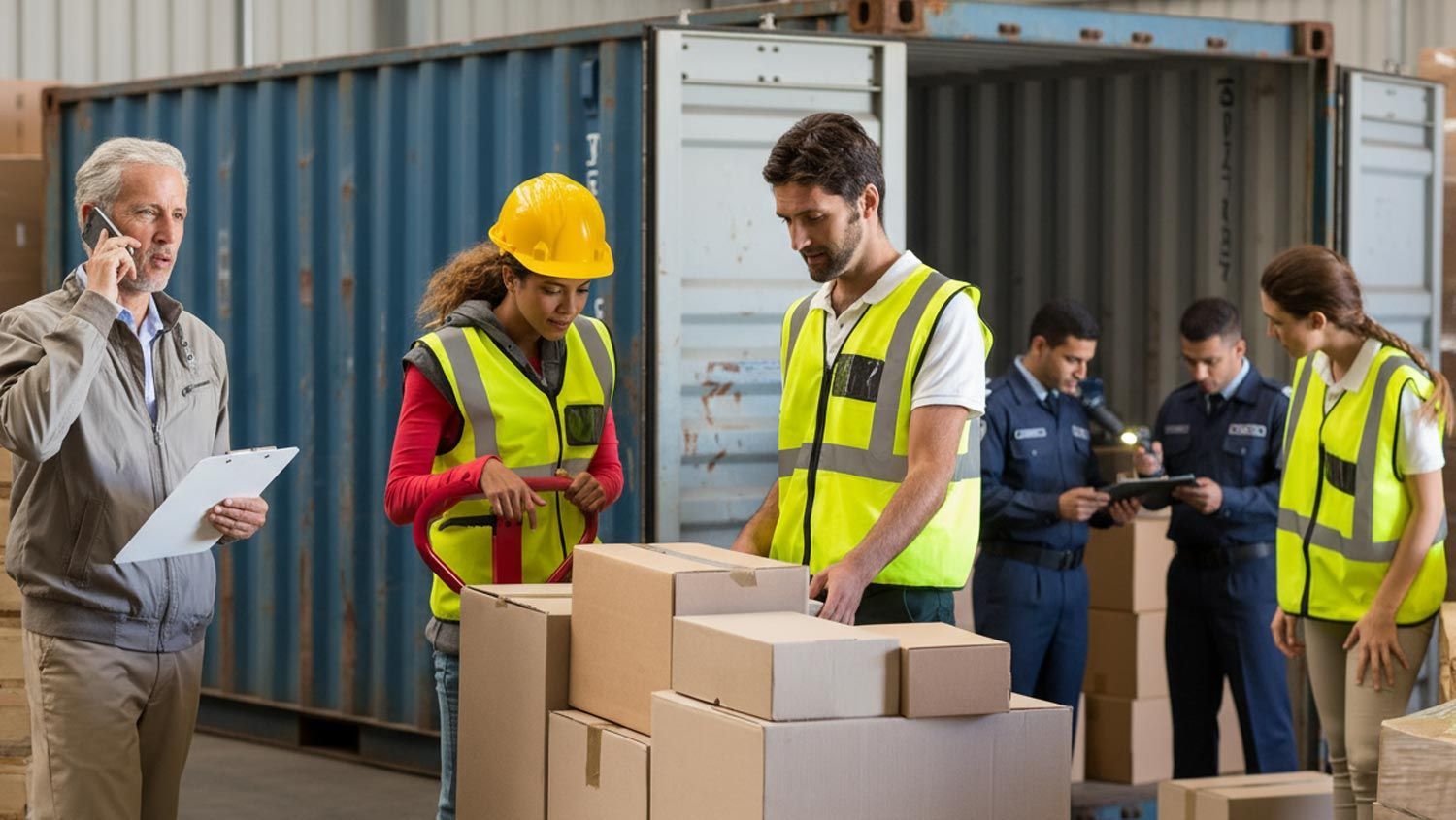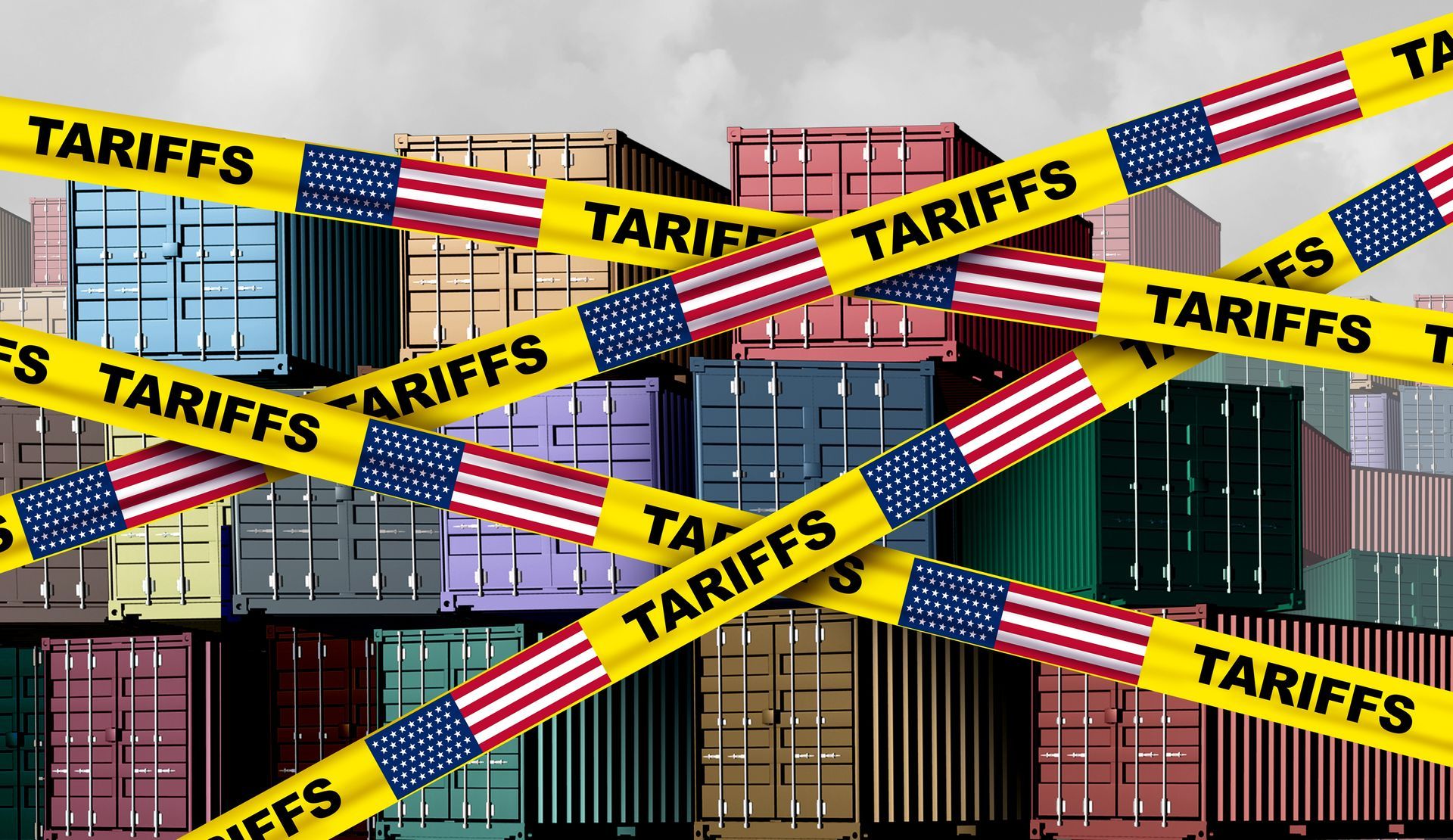Dr. Naushad Forbes on Free Trade Agreements
Jack LaMadeleine • December 19, 2024
Dr. Naushad Forbes explains the issues surrounding around the WTO and the benefits of utilizing Free Trade Agreements
Dr. Naushad Forbes is an Indian business leader, academic, and thought leader known for his significant contributions to the fields of industry, innovation, and policy. He is particularly recognized for his work in advancing India's industrial and technological sectors. Forbes is the Co-Chairman of Forbes Marshall, a leading Indian engineering company that provides energy-saving solutions and industrial automation. The company is a prominent player in the fields of industrial boilers, steam systems, and process control.
Get actionable advice on cost-saving strategies that boost your bottom line.
Subscribe here:
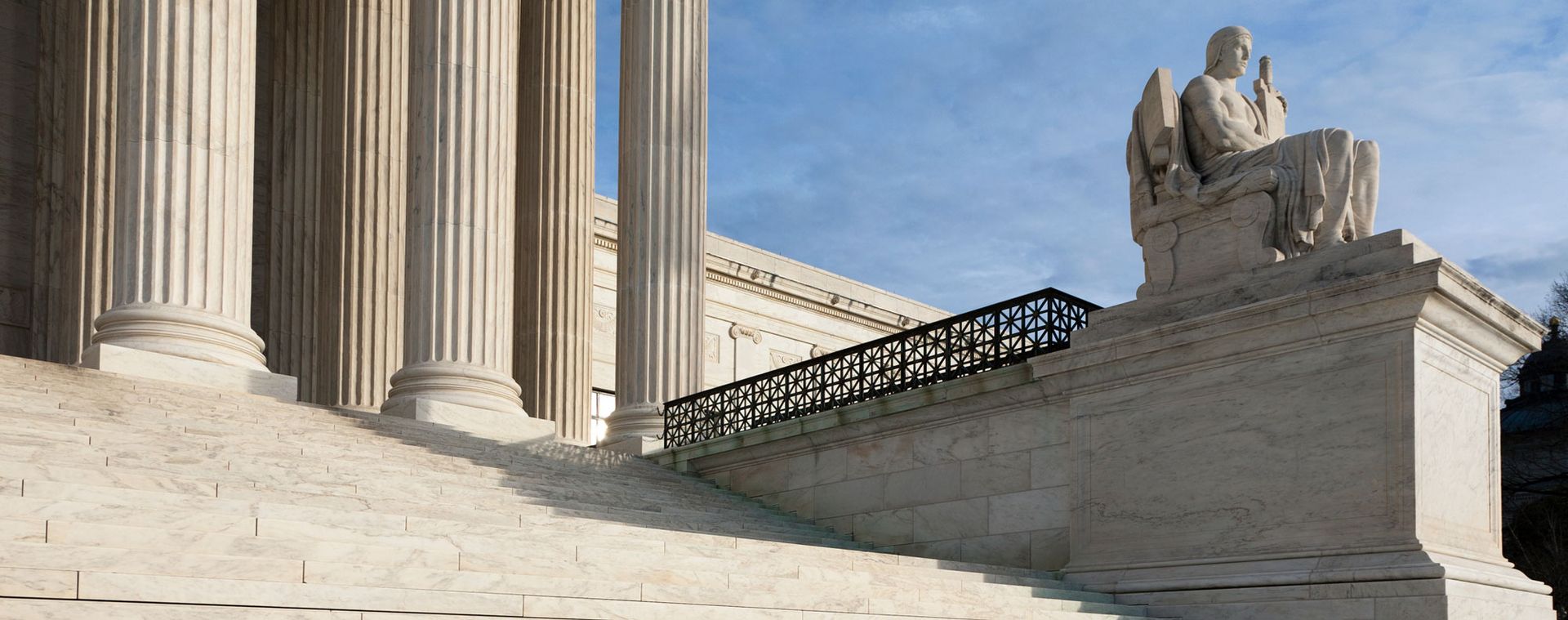
The latest on the reciprocal tariffs have them hanging in the balance. On August 29, 2025, the U.S. Court of Appeals for the Federal Circuit, affirmed a lower court decision finding that the reciprocal tariffs exceeded presidential authority under IEEPA. The court stayed its mandate until October 14, 2025, giving the g

On July 27th, the Trump Administration announced a deal with the EU imposing tariffs of 15% on most goods entering the US from Europe. As of August 1st, the 15% blanket tariff will cover most US imports. The US will have a 0% tariff for some items including equipment for US manufacturing and generic medicines.
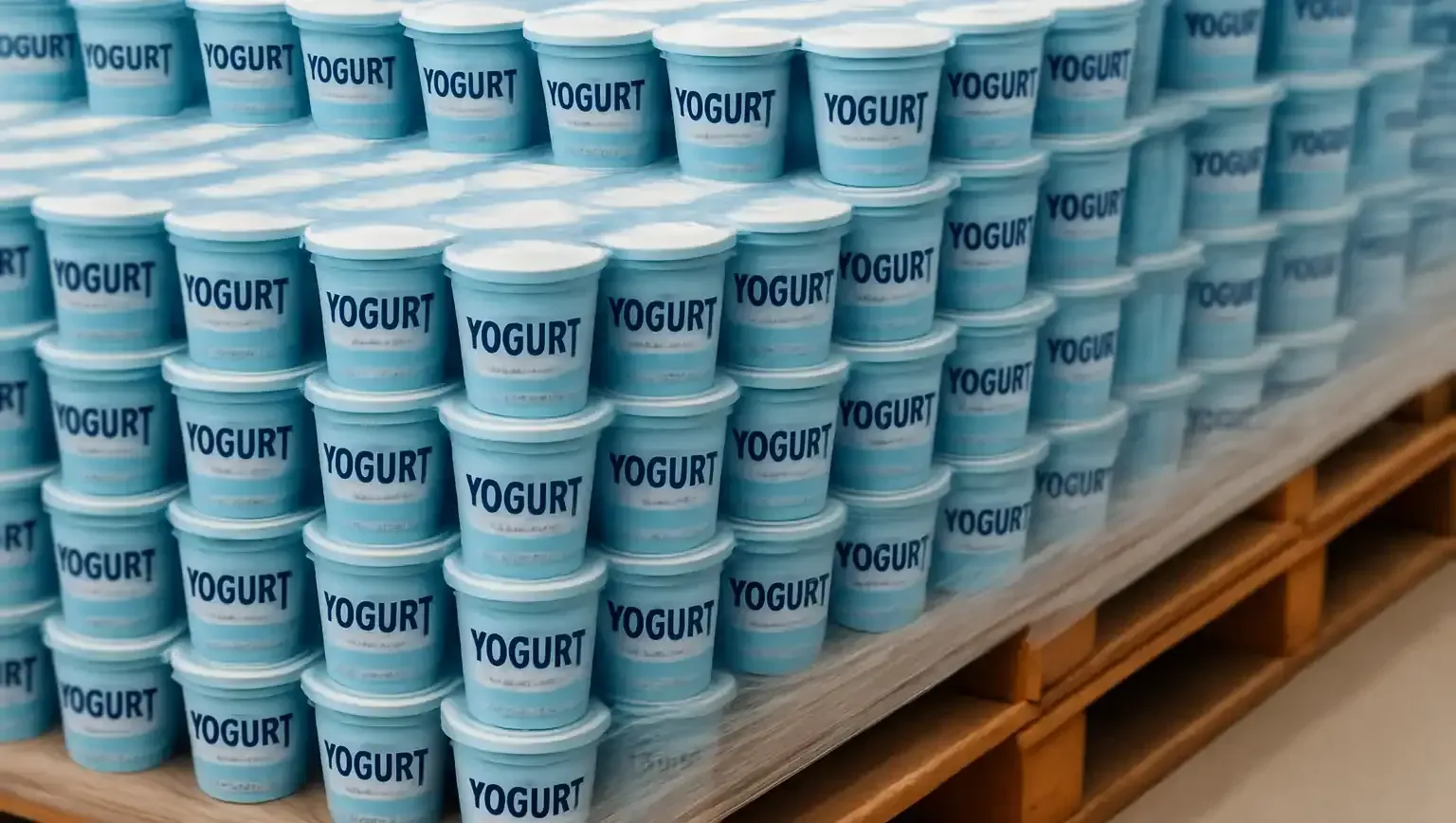
The American company reached out to ITM for guidance. They were pleased to learn that under U.S. Customs regulations, they could file for duty drawback—a refund of duties paid—on expired and destroyed goods. Within just four months, ITM had successfully obtained the required authorizations and filed all claims related to the product destructions. Due to ITM’s relationship USCBP, and their expertise, over $850,000 in duty refunds was recouped.
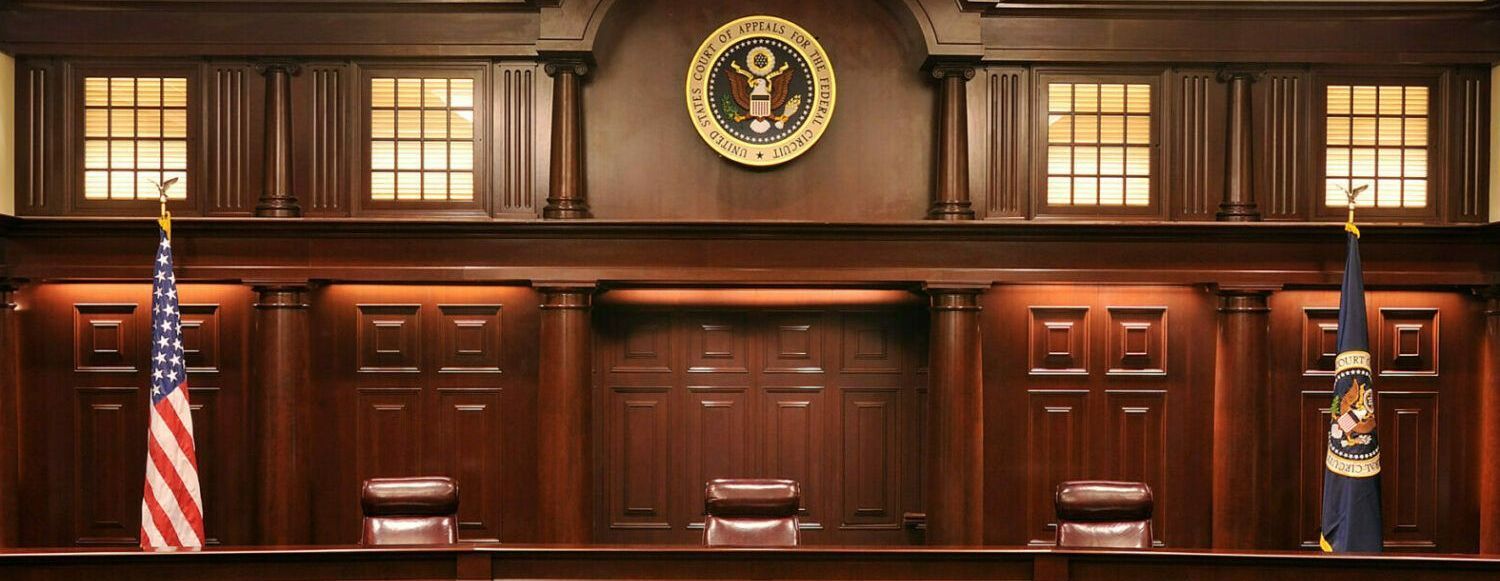
On May 28, 2025, a U.S. trade court ruled that President Donald Trump over stepped his authority in imposing the reciprocal tariffs. At that time, the court ordered an immediate block on said tariffs. As of May 29, 2025 a federal appeals court temporarily reinstated the most sweeping of Trump's tariffs. Pausing the lower court’s ruling, The United States Court of Appeals for the Federal Circuit in Washington is going to consider the government's appeal, and has ordered the plaintiffs in the cases to respond by June 5 and the administration by June 9. This is a developing situation and we will do our best to keep the information coming.

This jewelry retailer's duty drawback success story demonstrates the significant impact that a well-managed duty drawback program can have on profitability. By recovering significant funds, the jewelry retailer was able to reinvest in their business, enhance competitiveness, and strengthen their bottom line in a challenging market.

As of 12:01am, March 4, 2025, tariffs of 25% are effective on products from Canada and Mexico and energy products from Canada are subject to a 10% duty. Products that are presently excluded from these tariffs include goods that are for personal use, goods entered under Chapter 98, donations that are imported under HTSUS 9903.01.21and merely information items included under HTSUS 9903.01.22. All other imported items will carry the 25% tariff and no drawback is permitted on these duties.


